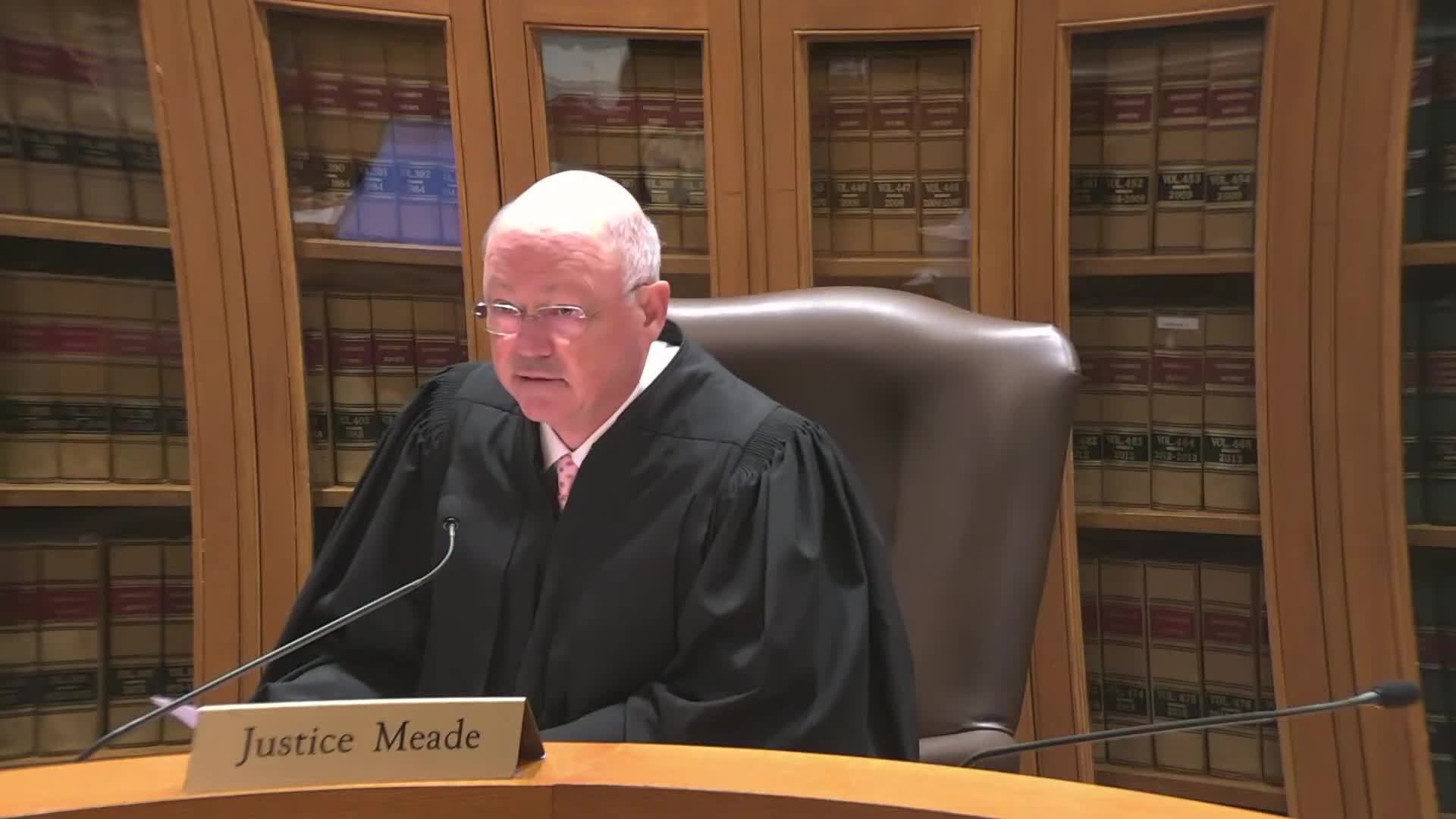Appeals court reviews retroactive support equity claim, judge's fee award in Hinckley v. Gunter
Get AI-powered insights, summaries, and transcripts
Subscribe
Summary
In 25P355 the panel considered whether a probate judge erred by treating an equity complaint as if it were a Rule 60(b) motion and by awarding attorney fees against the mother after finding litigation conduct and discovery failures. Appellant argued the court should have applied broad equity powers (G.L. c.215 §6) and not the higher fraud‑on‑the‑
The Appeals Court heard argument in 25P355, Hinckley v. Gunter, a contested appeal over retroactive child support and shifting of attorneys’ fees following a protracted probate‑family court dispute.
Michael Grillie, for appellant Carol Hinckley, argued the trial judge incorrectly treated a complaint filed under general equity authority (G.L. c.215 §6) as a time‑barred Rule 60(b) matter and then applied a heightened ‘‘fraud on the court’’ standard to deny relief. Grillie said the court should have used equity powers available under chapter 215, section 6, and that evidence the father provided misleading financial information and delayed discovery justified relief. He also challenged the superior court’s award ordering the mother to pay a portion of father’s fees, saying the judge’s calculation improperly mixed time from the modification and equity actions.
Catherine Amato, for appellee Michael Gunter, told the panel the trial court properly applied precedent (including Sahin and Guardianship authorities) when concluding that an equitable independent action filed after the Rule 60(b) one‑year period requires proof of manifest injustice or comparable misconduct. Amato emphasized the judge’s factual findings: that discovery lapses by the mother, complex and fluctuating income streams, and findings about the limited monetary gap at issue supported the judge’s discretion to deny broad equitable relief and to order a portion of fees against the mother.
The court probed whether counsel for the mother had timely used available discovery tools (subpoenas, releases to obtain VA benefit records) and questioned the extent to which the trial judge’s credibility findings on the father’s testimony should be second‑guessed on appeal. Both sides agreed the underlying issue involved a relatively modest sum of retroactive support, but counsel disputed whether the judge’s fee shifting and characterization of the litigation were within judicial discretion.
The panel took the case under advisement.
